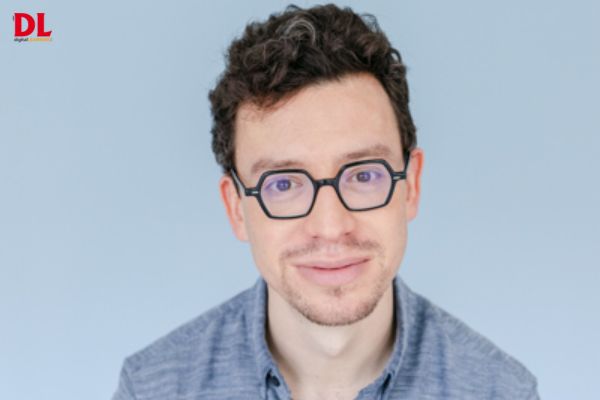
Duolingo CEO Luis von Ahn recently shared a bold prediction: Artificial Intelligence (AI) will soon take over most educational tasks, transforming traditional schools into primarily childcare facilities. In a recent episode of the No Priors podcast, he talked about how AI will soon be dominating the education space.
Von Ahn emphasized AI’s adaptability, stating, “Education is going to change. It’s just a lot more scalable to teach with AI than with teachers.” He highlighted AI’s ability to provide personalized learning experiences by tracking individual student performance in real-time and adjusting lesson plans accordingly. This contrasts with traditional classrooms, where a single teacher may struggle to cater to the diverse needs of 30 or more students.
Despite AI’s growing role, von Ahn clarified that schools and teachers would not become obsolete. He envisions schools transitioning into environments focused on supervision and mentorship, ensuring children’s safety and well-being while AI delivers the instructional content. “That doesn’t mean the teachers are going to go away. You still need people to take care of the students. I also don’t think schools are going to go away because you still need childcare,” he noted, underscoring the continued importance of human presence in educational settings.
Duolingo, originally known for its language learning app, has already begun implementing AI across its platform. In 2023, the company launched “Duolingo Max”, a premium tier powered by OpenAI’s GPT-4, offering interactive explanations and conversation practice. It has been at the forefront of integrating AI into education. The company recently adopted an “AI-first” approach, replacing certain contractor roles with AI-driven solutions. This shift has enabled the rapid development of new AI-generated courses, expanding Duolingo’s offerings beyond language learning to subjects like math, music, and chess.
Von Ahn’s predictions highlight the transformative potential of AI in education, particularly in providing scalable and personalized learning solutions. However, he acknowledges that systemic changes in education are often slow due to regulatory, cultural, and infrastructural factors. The envisioned shift raises important questions about the future roles of educators, the structure of schooling, and the ethical considerations of AI-driven instruction.
Also Read: Robotics Education for Class 10 Students mandated by Kerala
As AI continues to evolve, its integration into education presents both opportunities and challenges. The idea of AI replacing much of traditional education is no longer science fiction. With the rapid pace of AI development and its growing presence in schools and learning platforms, educators, policymakers, and parents will need to grapple with fundamental questions, such as what does it mean to be a teacher in the age of AI, or how can educators ensure equal access to AI learning?



















